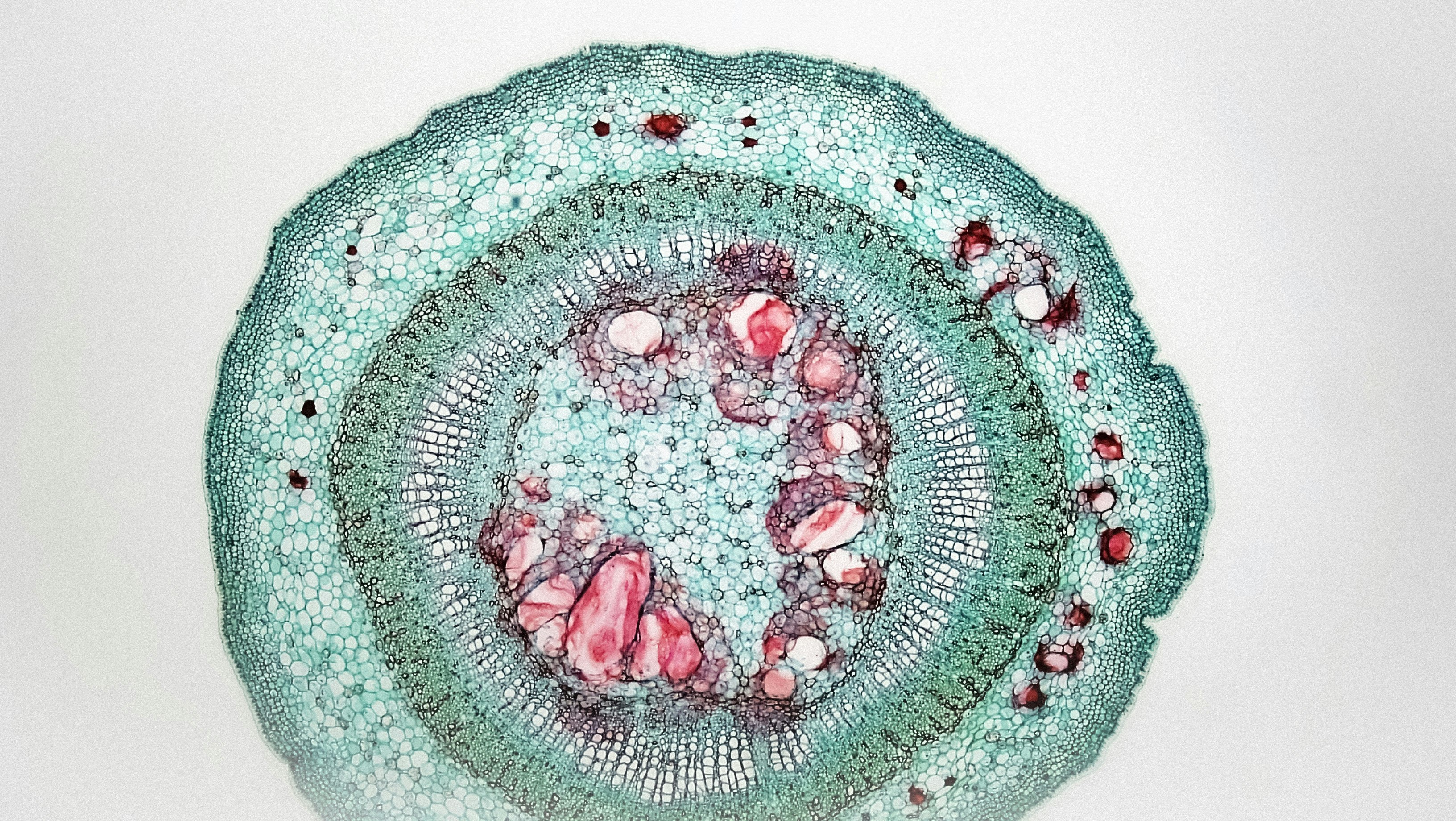Your ears don’t exist in a vacuum. They run on blood, oxygen, and energy—just like every other organ. That’s why heart and metabolic health quietly shape how well you hear. If you’ve ever wondered why some people’s hearing ages faster than others, the answer often starts with the heart.
Below, we unpack what research says about blood pressure, diabetes, cholesterol, sleep apnea, and more—plus how to protect your hearing by protecting your cardiovascular system. It’s practical, evidence-informed, and designed to help you have better conversations for longer.
Why Your Heart Matters to Your Ears
The inner ear (cochlea) is an energy-hungry, delicate structure. It converts tiny vibrations into electrical signals your brain can understand. To work, it needs steady blood flow through some of the smallest vessels in your body.
The cochlea’s “power plant”
Inside the cochlea, the stria vascularis maintains the electrical gradient that hair cells use to translate sound into neural signals. This tissue is highly metabolic and depends on healthy microcirculation. When blood flow is impaired—or when vessels are damaged by chronic conditions—the system becomes less efficient, and hearing can decline.
How cardiovascular issues show up in hearing
- Reduced blood flow: Less oxygen and nutrient delivery to the cochlea can stress or injure hair cells.
- Endothelial dysfunction: Blood vessel lining problems can alter the inner ear’s microenvironment.
- Oxidative stress and inflammation: Common in diabetes, high blood pressure, and high cholesterol, these processes can damage cochlear cells.
- Microvascular changes: Tiny vessel changes can appear years before larger cardiovascular events—sometimes hinted at by subtle hearing changes.
What the Research Says
Large population studies and systematic reviews consistently find associations between cardiometabolic risk and hearing loss. While association does not prove causation, the pattern is hard to ignore and biologically plausible.
Hypertension (high blood pressure)
High blood pressure is linked to higher rates of hearing loss, especially at higher frequencies. The likely reason: chronic pressure damages small vessels and the sensitive stria vascularis. Good news: controlling blood pressure benefits your whole vascular system, including the ear.
Diabetes
People with diabetes are more likely to have hearing loss than those without. Microvascular disease and neuropathy—the same processes that affect eyes, kidneys, and feet—can involve the inner ear. Even prediabetes and metabolic syndrome may increase risk.
Cholesterol and triglycerides
Elevated LDL ("bad") cholesterol and high triglycerides are associated with hearing loss in observational studies. The mechanisms include plaque formation, endothelial dysfunction, and oxidative stress that affect cochlear microcirculation.
Smoking
Smoking constricts blood vessels and increases oxidative stress—two direct hits to the inner ear. Smokers and even long-term secondhand smoke–exposed individuals show higher rates of hearing loss.
Sleep apnea
Obstructive sleep apnea causes intermittent drops in oxygen and spikes in inflammation. Several studies report a higher prevalence of hearing loss—particularly high-frequency loss—in people with untreated apnea. Treatment (like CPAP) improves overall vascular health and may help slow hearing decline.
Cardiovascular fitness
Better cardiorespiratory fitness is associated with healthier hearing in population data. Exercise improves endothelial function and circulation, potentially supporting the cochlea’s energy needs.
Beyond the Audiogram: Subtle Signs to Watch
Vascular-related changes can start subtly, especially in noise or busy environments.
- You pass a basic hearing test but struggle in restaurants or meetings.
- Tinnitus (ringing/buzzing) flares when blood pressure spikes, you’re stressed, or after a poor night’s sleep.
- Hearing seems worse late in the day, after long periods of exertion, or after salt-heavy meals.
These are not diagnoses but clues. If they sound familiar, it’s worth getting both your hearing and cardiometabolic health checked.
Special Case: When the Heart Literally “Sounds” in the Ear
Pulsatile tinnitus
If you hear a rhythmic whoosh or pulse in time with your heartbeat, that’s called pulsatile tinnitus. Vascular causes are common, and some are important to rule out. Please talk to your clinician promptly—especially if it’s one-sided, new, or accompanied by headaches or visual changes. Imaging is sometimes needed.
What You Can Do Now
1) Make hearing part of your heart-health plan
- If you have diabetes, hypertension, high cholesterol, sleep apnea, or you smoke, schedule a baseline hearing test with a licensed audiologist.
- Repeat testing every 1–2 years, or sooner if you notice changes. Think of it like an eye exam for your ears.
- Share your hearing results with your primary care provider or cardiologist. Your ears can be early warning sensors for vascular strain.
2) Optimize the “big four”
- Blood pressure: Aim for your clinician’s target. Home monitoring helps.
- Blood sugar: Keep A1C within your agreed-upon range. Address prediabetes early.
- Lipids: Work toward healthy LDL and triglyceride levels with diet, activity, and medications when prescribed.
- Sleep apnea: If you snore loudly, stop breathing during sleep, or wake unrefreshed, ask about screening. Treating apnea supports vascular and cognitive health.
3) Move more, most days
Moderate-intensity aerobic activity (like brisk walking) plus strength training improves endothelial function and circulation. Even short, frequent walks matter. If you use hearing aids, regular activity can also ease listening fatigue by boosting overall stamina and attention.
4) Eat for vessels, not just the scale
Dietary patterns like the Mediterranean or DASH diet reduce cardiovascular risk and inflammation—and may indirectly protect hearing. Focus on:
- Colorful vegetables and fruits (antioxidants)
- Whole grains and legumes
- Fish, nuts, and olive oil
- Lower sodium intake, especially if blood pressure is a concern
5) Protect ears from noise, every day
Noise and vascular stress often team up. Wear ear protection around power tools, concerts, and loud venues. Keep earbuds at safe volumes and take listening breaks. Reducing noise burden lowers cumulative risk.
6) Review medications with your clinicians
Some medicines—like high-dose aspirin, certain antibiotics, chemotherapy agents, and loop diuretics—can affect hearing. Never stop a prescribed medication on your own. Ask whether your regimen includes any ototoxic risks and whether monitoring is recommended.
For People Already Using Hearing Aids
- Make them part of your health metrics: Track how often you wear them and how you’re hearing in noise. Share concerns with your audiologist.
- Ask about features that reduce listening effort: Directional microphones, noise reduction, and Bluetooth accessories can improve your signal-to-noise ratio, especially if vascular factors are at play.
- Pair with healthy habits: Good sleep, activity, and blood pressure control can make daily listening feel less taxing.
How to Talk to Your Care Team
Bring your hearing into the conversation at your next check-up. Consider this script:
- “I have risk factors for heart disease. I’d like a baseline hearing test and ongoing monitoring.”
- “I notice more difficulty hearing in noise and occasional ringing. Could cardiovascular issues be contributing?”
- “Can we review my medications for any that might affect hearing, and set a plan to monitor?”
An audiologist can measure your hearing, middle ear function, and hair cell status; your primary care provider or cardiologist can fine-tune the vascular side. Together, they make a powerful team.
Where the Science Is Headed
Researchers are exploring better ways to track cochlear blood flow, noninvasive biomarkers for early damage, and therapies that target inflammation and oxidative stress. There’s growing interest in:
- Advanced electrophysiology to detect subtle neural changes before the audiogram shifts.
- Imaging and blood-based markers of microvascular health relevant to the ear.
- Clinical trials that examine whether aggressive cardiovascular risk control slows hearing decline.
We don’t have all the answers yet, but the direction is clear: what’s good for your heart is good for your hearing.
Myth vs. Reality
- “Hearing loss is just age.” Age plays a role, but modifiable risks—blood pressure, sugar, lipids, smoking, noise—also drive change. You can influence your trajectory.
- “Blood pressure meds cause hearing loss.” Most commonly used antihypertensives are not linked to hearing damage. If you notice changes after a new medication, contact your prescriber—don’t stop on your own.
- “If my audiogram is normal, my ears are fine.” You can have normal thresholds yet struggle in noise. That may reflect early changes that deserve attention, including cardiovascular ones.
When to Seek Care Promptly
- Sudden hearing loss in one ear or both (over hours to a couple of days) is an emergency. Seek urgent medical care.
- New, one-sided pulsatile tinnitus (heartbeat-like sound), severe headache, or neurological changes warrant prompt evaluation.
- Rapidly worsening hearing, ear fullness, or dizziness with cardiovascular symptoms should be assessed.
If you’re unsure, call an audiologist or your primary care provider. Trust your instincts—your future hearing will thank you.
Bottom Line
Your ears are part of your cardiovascular story. By managing blood pressure, blood sugar, lipids, sleep, and lifestyle—while staying on top of noise exposure—you give your hearing the best chance to thrive. If you have heart or metabolic risk factors, make a hearing evaluation part of your routine. An audiologist can tailor a plan, and your medical team can optimize the rest.
Frequently Asked Questions
Can improving my heart health actually improve my hearing?
In some cases, yes—especially when hearing issues are early or fluctuate. Managing blood pressure, blood sugar, sleep apnea, and smoking can stabilize or slow decline and may improve day-to-day listening comfort and tinnitus. Established, long-standing hearing loss may not reverse, but better cardiovascular health protects remaining hearing and supports brain processing of sound. An audiologist can track changes and suggest strategies or devices that reduce listening effort.
How often should I get my hearing tested if I have hypertension or diabetes?
Start with a baseline now, then typically every 1–2 years. Test sooner if you notice changes (more TV volume, difficulty in restaurants, new tinnitus, or ear fullness). If you use potentially ototoxic medications or have multiple risk factors, your audiologist may recommend more frequent monitoring.
Is aspirin bad for my ears?
High-dose aspirin (salicylates) can temporarily cause ringing or muffled hearing, which usually resolves after dose reduction or discontinuation. Low-dose aspirin used for cardiovascular protection is less likely to affect hearing. Never change a prescribed regimen without talking to your clinician. If you notice new tinnitus or hearing changes after starting any medication, let your prescriber know promptly.
What tests can look for vascular-related hearing issues?
An audiologist may use a pure-tone audiogram, speech-in-noise testing, tympanometry, and otoacoustic emissions to assess hair cell function. If pulsatile tinnitus or neurological signs are present, your medical provider may order imaging (such as CT or MRI/MRA/MRV) to evaluate blood vessels. Routine cardiovascular labs and blood pressure checks complement the picture.
References
- CDC – High Blood Pressure (Hypertension) Basics
- Mayo Clinic – Pulsatile Tinnitus
- NIDCD – Noise-Induced Hearing Loss



